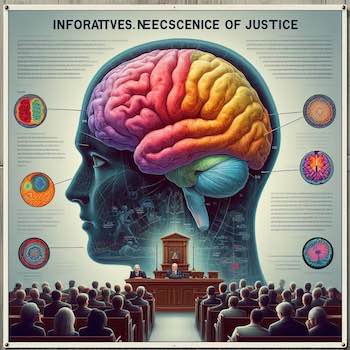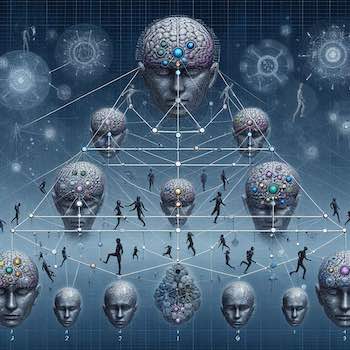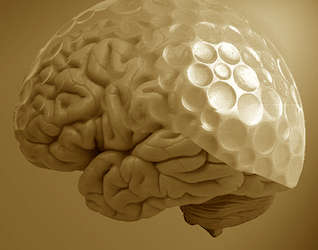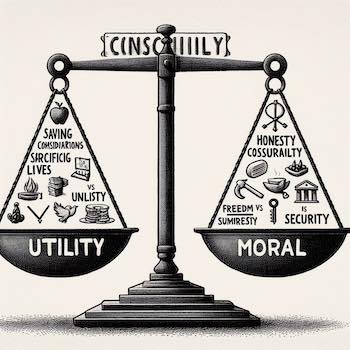Abstract: Can we explain consciousness as a phenomenon today? The problem is already rooted in matter: why do unexpected properties arise from certain physical organizations? Important subsidiary remark: these properties only appear at something at least as complex. It is therefore impossible to reduce the points of view of the constitution and the emergence to each other. It is in this opposition that a fragment of consciousness is born, whose planes are as reality becomes more complex, first in the material levels of information, then virtual in the depth of neural networks. Each level of reality constructs its own bidirectional interaction, the one that constitutes and the one that experiences its constitution. The higher the complexity, the richer and deeper the experienced phenomenon.
"Never make a passion your job"
Early or lost? If I make a passion my job, I am forced to adopt the consensus that is at the heart of the discipline. I study it, deepen it, delimit it, support it with laymen. The profession is the collectivist pole of the discipline. The more I attach myself to it, the more I … Read more










